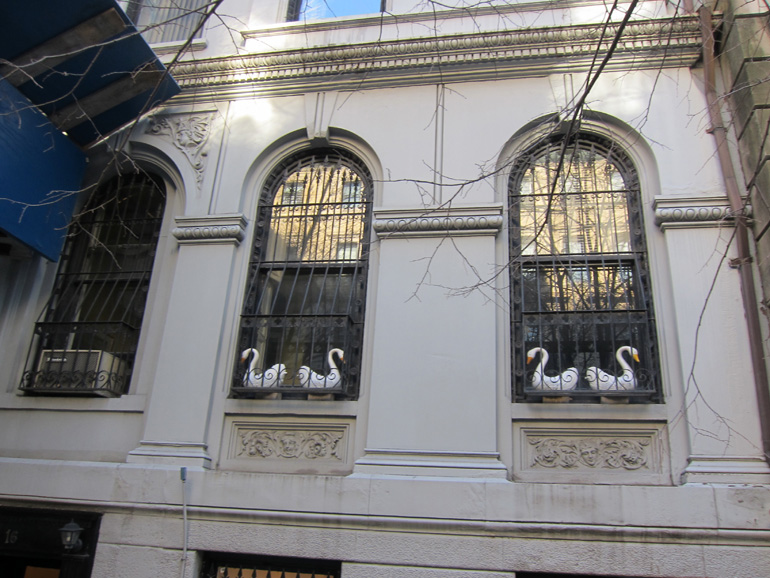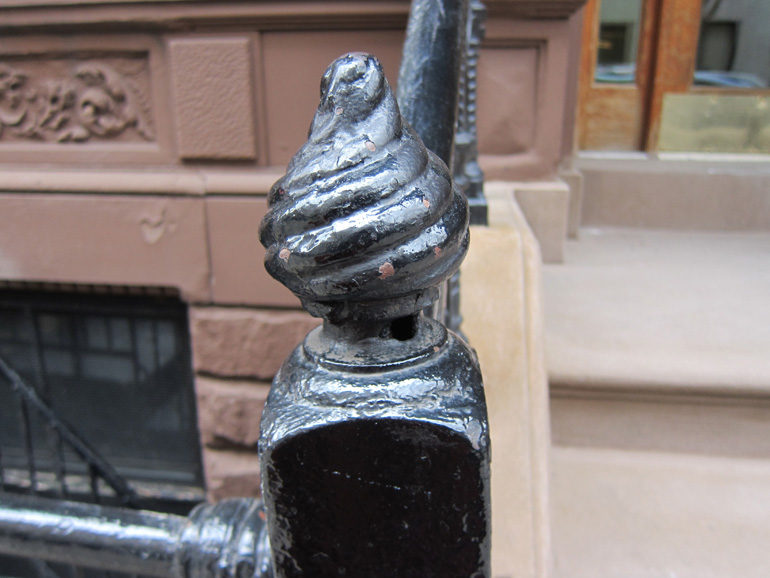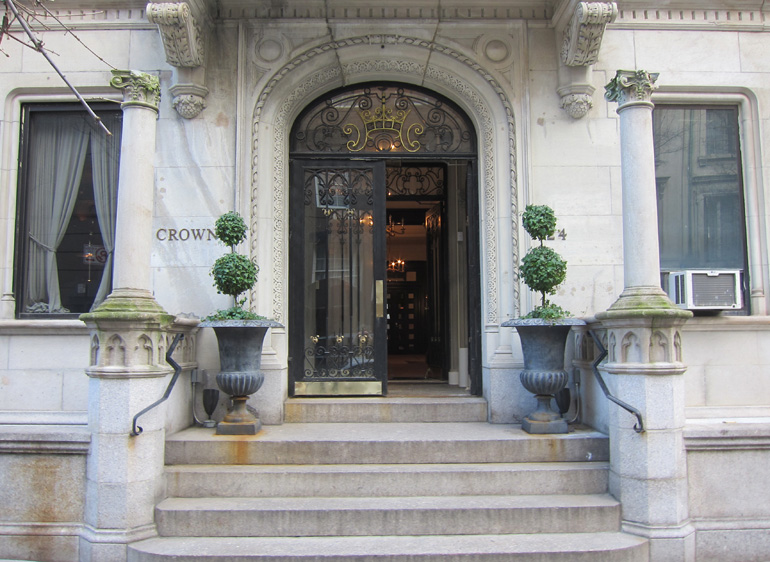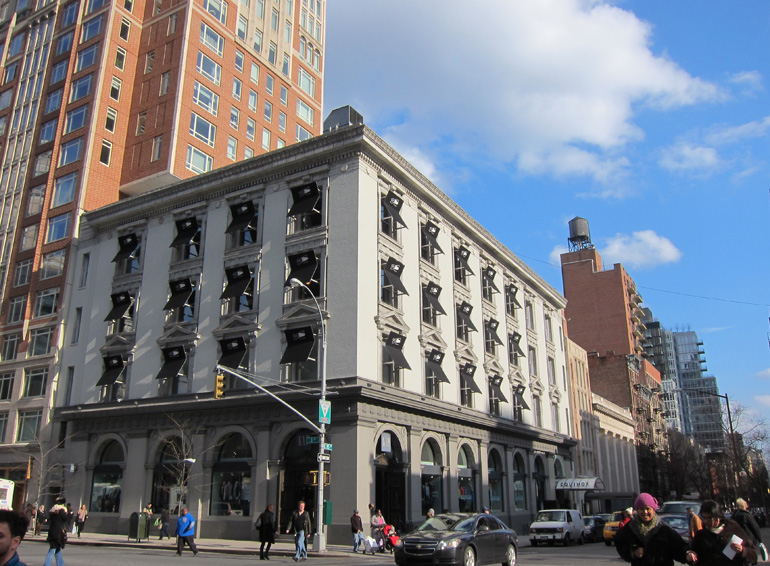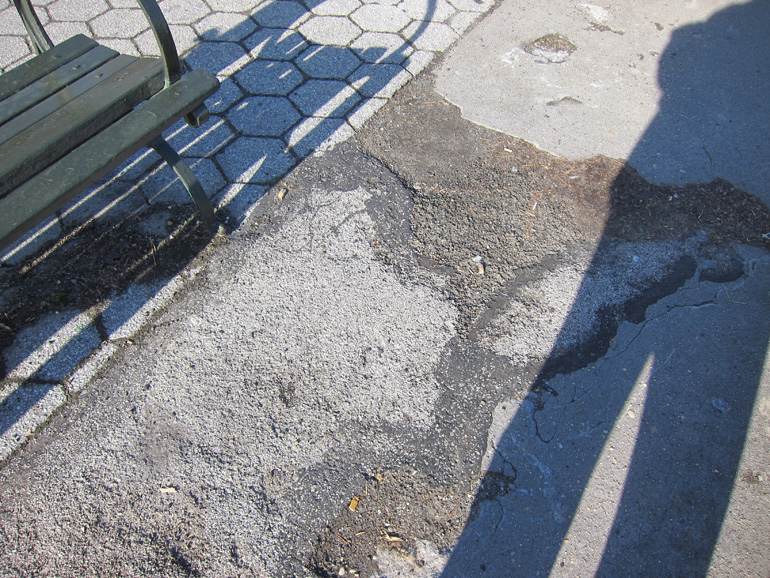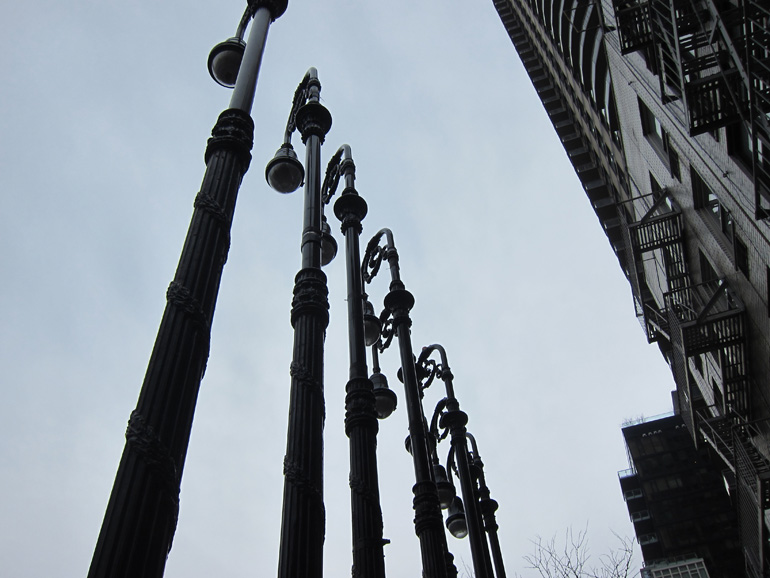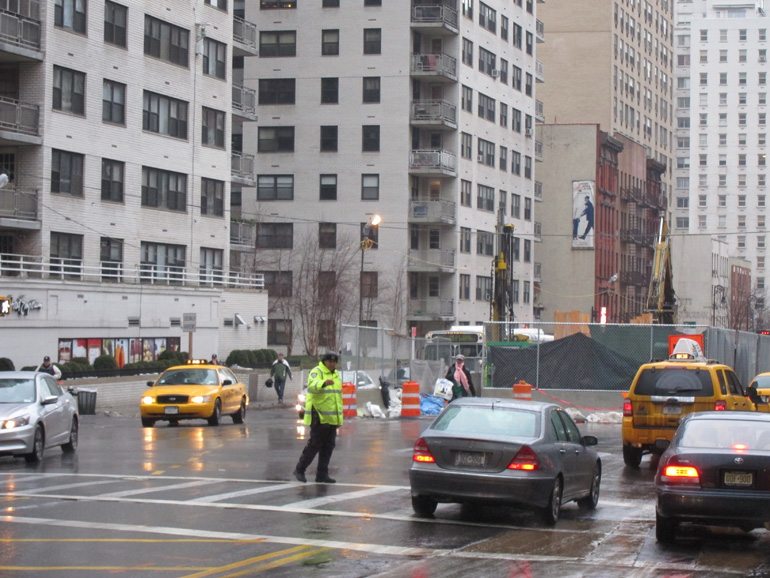Gotham Diary:
Gentry
13 February 2012
Monday, February 13th, 2012
It’s a little early to be writing about Adam Nicolson’s The Gentry: Stories of the English (Harper Press), not because it hasn’t come out in the United States yet, but because I haven’t read very much of it. But it’s great fun — which I probably oughtn’t to say, either, because there is nothing frivolous about Nicolson’s examination of the chancy careers of a handful of English families over the past five hundred years.  What these families have in common is the time that they spend in the way station that we call “the gentry.” Some go on to greater things, while others sink back into obscurity. In each case, a heady brew of prudence, decisiveness and luck determines the outcome. We might think of the English gentry in placid terms of teacups and hedgerows, and doubtless there are families that have held on to their mossy manors for centuries without stooping to trade or rising to nobility. Nicolson’s people, however, are adventurers almost to the same degree as seafaring pirates. A lot of what they do isn’t nice, and it certainly isn’t lawful. Lying and cheating, acts that supposedly destroy any claims to the status of gentleman, abound in most of the tales.Â
They abound in most of the tales that I’ve read, anyway — about a third of them. I have a sense of why The Gentry is important, not just as a history book, but even more as a study of family life; but I’m going to let it continue to develop as I read the book.  Â
***
Little did I imagine, when I wrote the foregoing, that any of Nicolson’s gentry actually were pirates, but such seems to be the case with Sir John Oglander’s immediate ancestors — Sir John may have dabbled at it himself, in his youth. There is no other way to account for family holdings that, by 1610, yielded annual revenues of about £800.
During his halcyon days, between returning to an estate on the Isle of Wight from which his family had decamped after being spooked by the passing Armada, and 1632, when his adored oldest son died of smallpox, on a junket to France, Sir John Oglander was an embodiment of the ideals of husbandry. He oversaw everything that was done on and to his extensive landholdings; he also belonged to the mandarinate that governed the localities of England — until, that is, he lost his perch, as a Royalist, in the Civil War. And he wrote it all down. He kept an account book with abundant diaristic interpolations that might well find a place on the shelf next to Virgil’s Georgics.
“He was his ancestry and his posterity,” writes Nicolson — wishfully, I think. The conceit of Sir John’s life was that human affairs, if properly moderated, could be as fertile and self-renewing as tended fields and herds. But Sir John turned out to be a singularity. No one before or after him kept such account books; no one seems to have cared quite as much as Sir John did for the rhythms of agriculture. His second son, climbing up in the world, became a baronet, and in the following century the Oglanders became genuinely rich. But the main line died out in 1874, and the riches were dispersed in entails. There are still Oglanders on the Isle of Wight, but they sold Sir John’s beloved Nunwell in 1982.
In the introduction to his three Seventeenth-Century stories, Adam Nicolson writes about “The Storm over the Gentry” that raged amongst scholars and historians in the middle of the last century, as theories explaining the Civil War in terms of this or that understanding of “the gentry” were launched and shot down. Theories of any kind would have been the legacy of Marxism, and the gentry, a class without boundaries that existed nowhere but in Britain, defied Marxian analysis. That’s because the gentry don’t constitute a genuine class. People describable as “gentry” for whatever reason you like are indeed travelers from one class to another, and none of the portraits in Nicolson’s book (that I’ve read so far) demonstrates this more clearly than that of Sir John Oglander, who derived bottomless satisfaction from the faux sempiternality of his world — until his son died. Sir John’s dream of the gentry life, like his son, predeceased him. His descendants moved on to other things. And piracy, of all things, was the foundation of Sir John’s dream. It is impossible to tie up Sir John Oglander, much less the gentry as an amalgam, in any kind of theoretical bow. The only thing that the gentry always seem to have is the time in which to make agreeable stories about themselves sound convincing.Â
***
About twenty years ago, I was falling in love with husbandry. My “manor” was a half-acre of heavily shaded hillside, with a problematic water supply and an openly dodgy septic system, but, as I say, I was in love, and being reasonable had nothing to do with it. The very best thing that can be said about my folly was that it was expensive; I’m not about to share the worse. Looking back, I can’t begin to grasp how I managed to justify my outlays in terms of husbandry and stewardship, but that’s because, as I’ll say again, I was in love, and when the love passed away (something that I couldn’t imagine ever happening, of course), the rationales disappeared along with it. I only thought of it today because the story of Sir John Oglander set the memories tingling.
It’s a bad idea to fall in love with a way of life. It’s imprudent, first of all; every change — and change is inevitable — comes as a disappointment. Beyond that, the beloved way of life tends to age into a bar against real happainess. As you service the idol of your self-image, you’re tied down to a way of thinking that hinders growth — and growth is inevitable, too. If you’re forced to grow within the confines of an established routine, you’ll merely grow uncomfortable.
This is why, in order to enjoy your way of life to the full, you must be indifferent to its durability. Â

